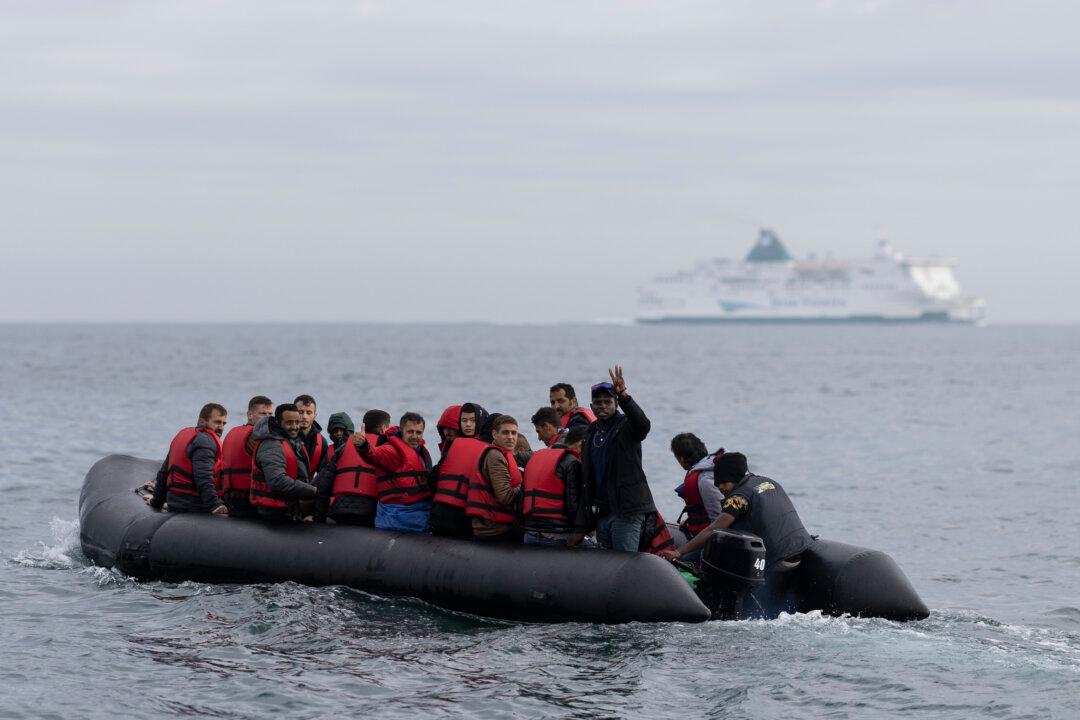A record 45,756 illegal immigrants crossed the English Channel to reach the UK in 2022, UK government figures show.
The last crossings of the year took place on Christmas Day when 90 people made the journey from France in two boats.

A record 45,756 illegal immigrants crossed the English Channel to reach the UK in 2022, UK government figures show.